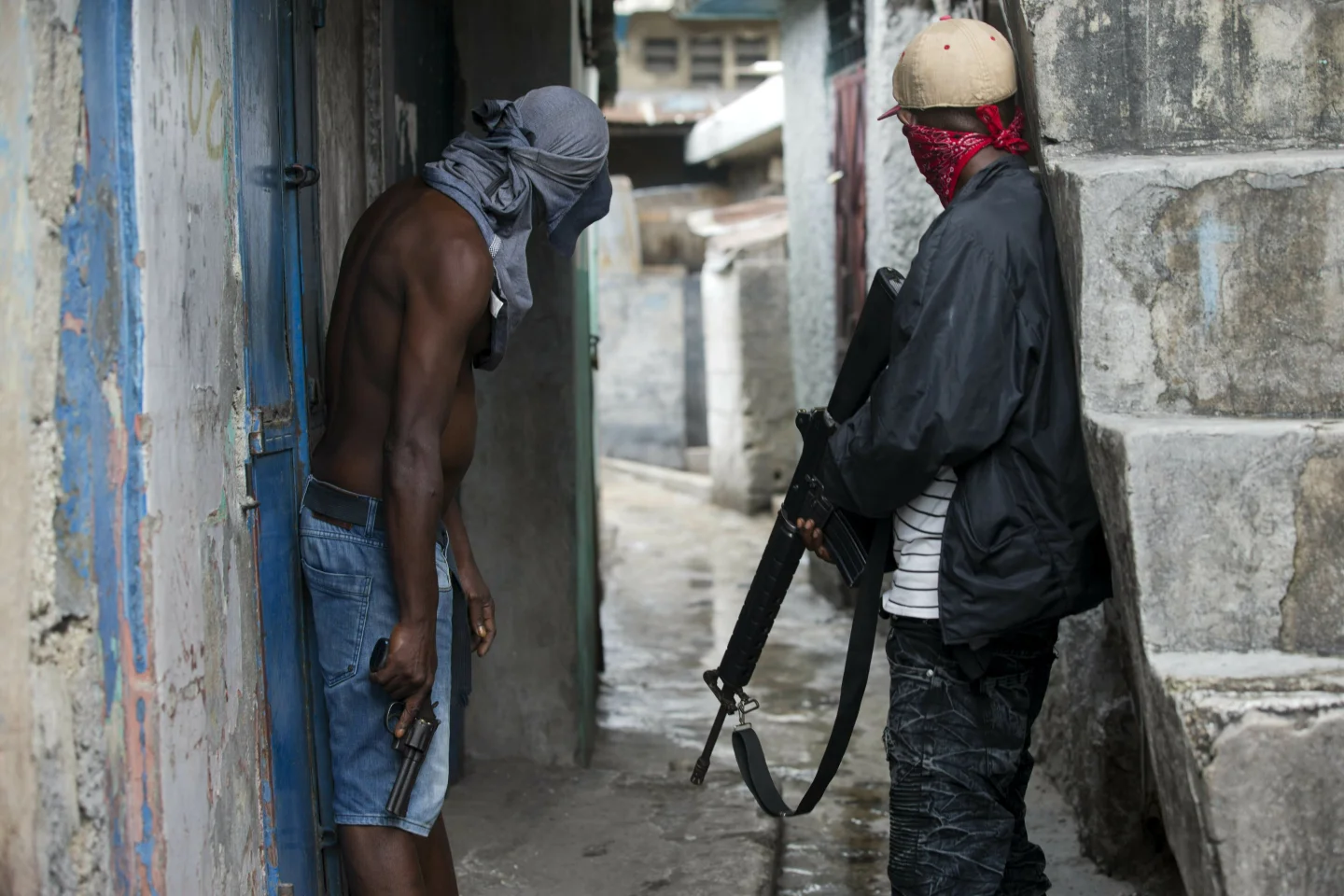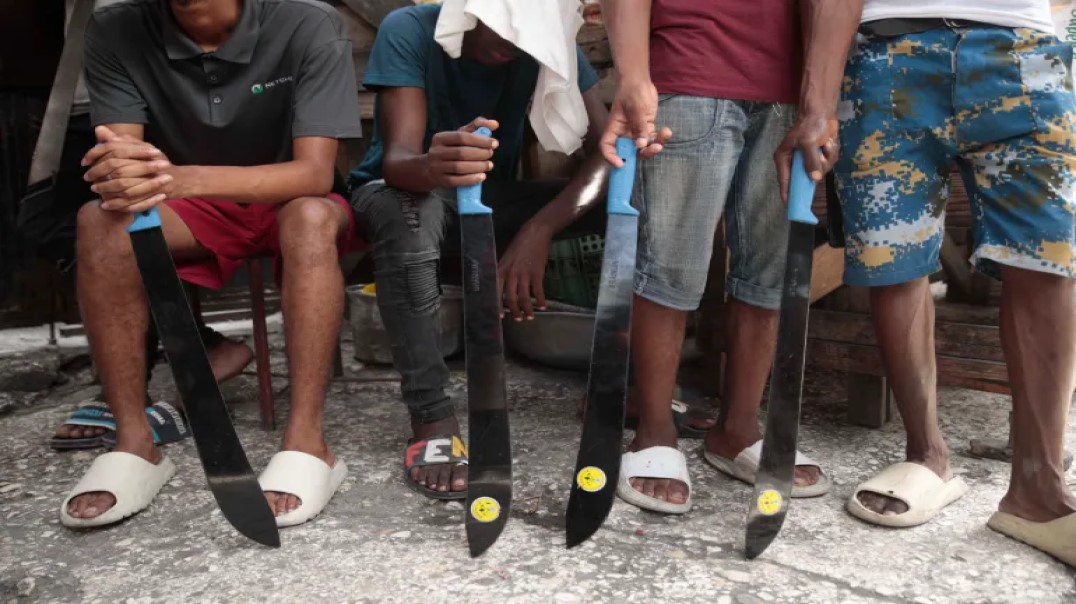At least seven people were killed on Saturday after a Christian march against gang violence in the suburbs of Haiti’s capital, Port-au-Prince, was targeted by the gang that holds power there. Protestors took to the streets, some armed with machetes and clubs, to voice their opposition to the rampant gang violence that has plagued the country for decades.
Local media has claimed the total death toll stands at 10 people, while the Director of the Center for Human Rights Analysis and Research (CARDH), Gedeon Jean, speculates the number is sure to rise as some protestors have been taken captive by gang members and many others were left wounded.

The protestors, many of whom were wearing yellow in connection with the religious organization, were led by Pastor Marco, full name Marcorel Zidor, and were accompanied by men armed with automatic firearms. The group was reportedly en route to a gang hideout nearby before being attacked by gang members wielding automatic firearms. Police claim they had attempted to convince the protestors to abandon their plan, claiming further that the group had not notified the police about the protest. Police attempted to prevent the protestors from marching but failed to do so after the group split into two and continued.
Why it Matters:
Prime Minister Ariel Henry previously called for international aid in the form of a “specialized armed force” last October to help control the widespread violence with support from both the United States and the United Nations, which calls the crisis a “human rights emergency.” Earlier this month, the UN Security Council requested that member states assist Haitian police “through the deployment of a specialized force, upon consultation with Haitian stakeholders.” However, no country has taken the lead in a foreign intervention, and many community leaders have expressed concerns and distaste at the idea, noting that previous foreign forces have brought more harm than good to the nation.

Many Haitians have been forced from their homes due both to rising crime rates and a series of natural disasters in 2021, including a 7.1-magnitude earthquake and Tropical Storm Grace, which have left thousands homeless and seeking asylum, most notably in America, which is home to an estimated 705,000 Haitian migrants as of 2020. Tensions culminated in 2021, when Texas Border Control was accused of whipping Haitian migrants as they attempted to cross the border. The charges were later dropped last year when the Biden Administration acknowledged that the border agents were falsely accused.
The Worsening Crisis:
Gangs enjoy full control over the streets of the nation’s capital city of Port-au-Prince, which had previously resulted in the gang seizure over a critical fuel station earlier this year, which led to a health crisis as responders faced fuel and supply shortages. The violence has additionally impeded access to healthcare facilities, forced the closure of schools, and worsened already dire food insecurity by cutting residents of gang-controlled areas off from critical supplies. The crisis has been worsened further by the UN World Food Program‘s (WFP) reduction of the number of people receiving emergency food assistance due to a lack of funding, which has left an estimated 100,000 people without food.
Haiti’s ongoing gang crisis has led to the formation of a variety of different vigilante groups with the intention of fighting against the gangs, which has severely dropped the crime rate. One such group, known as “Bwa Kale,” or “peeled wood” in Haitian Creole, was formed after the lynching of at least a dozen gang members on April 24th after being intercepted by police.

“This party didn’t have any long guns with them,” Louis-Henri Mars, director of the Haitian peacebuilding non-profit Lakou Lape, told CBC in May. “They only had pistols in their rucksacks, and when they were stopped, the police disarmed them. A crowd quickly gathered at the scene.
“The police felt the pressure, or they felt threatened by the crowd, and they basically released those guys to die,” Mars continued. “And the crowd stoned them and burned them to death, and this was the start of it.”
Conclusion:
Haiti will likely continue to see violence until the international community takes serious action. As more displaced citizens escaping crime attempt to seek refuge, the escalating violence is projected to worsen the existing migrant crisis that the United States and Canada are already facing.


